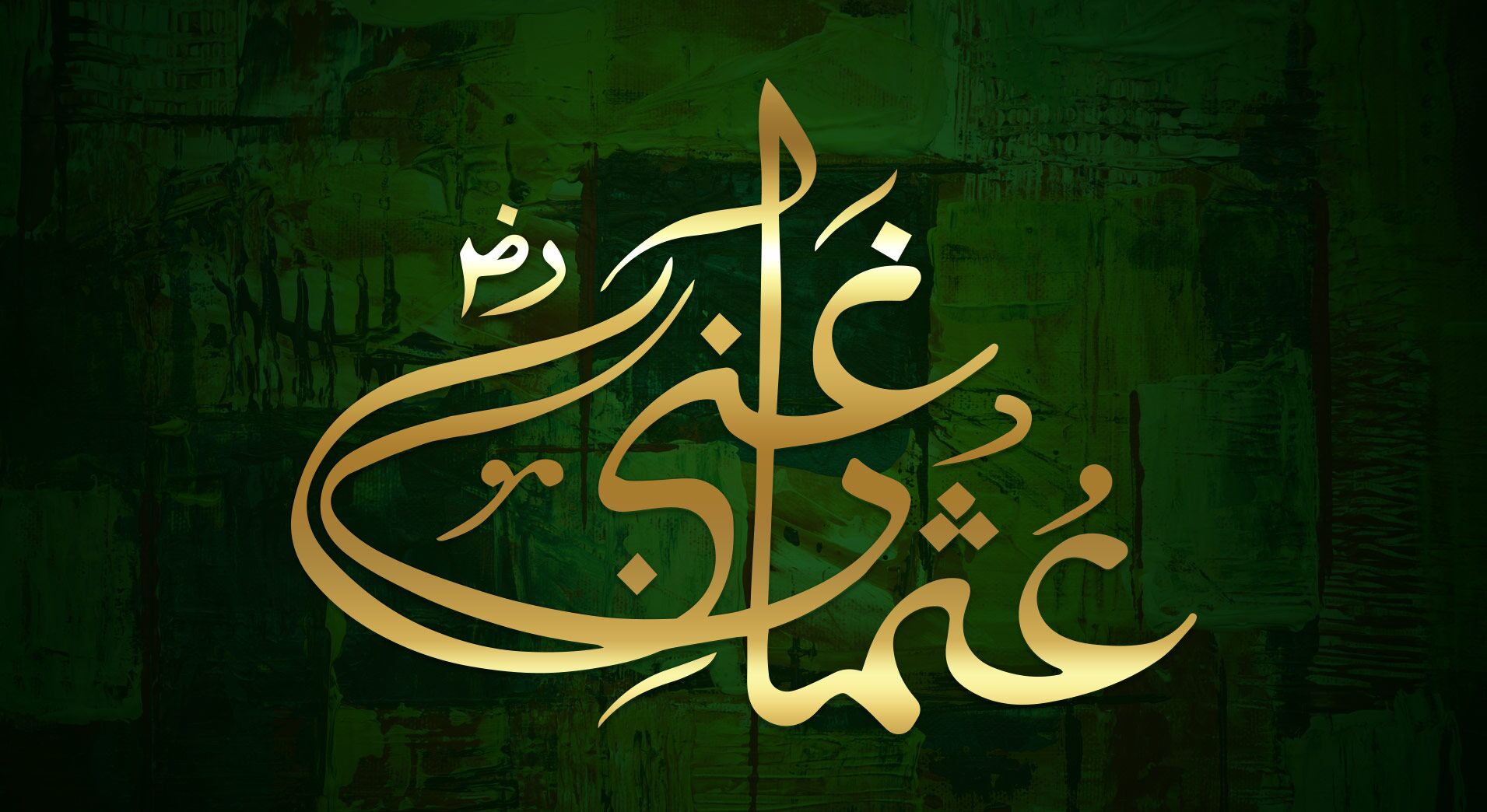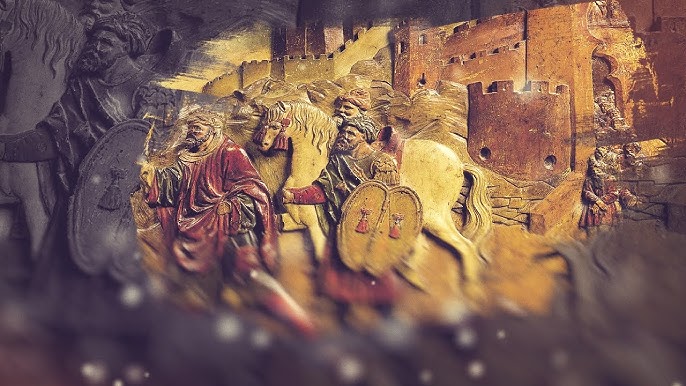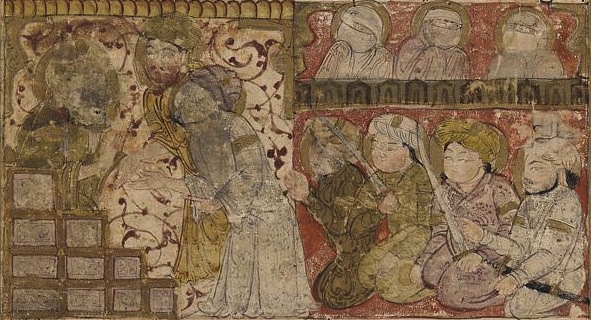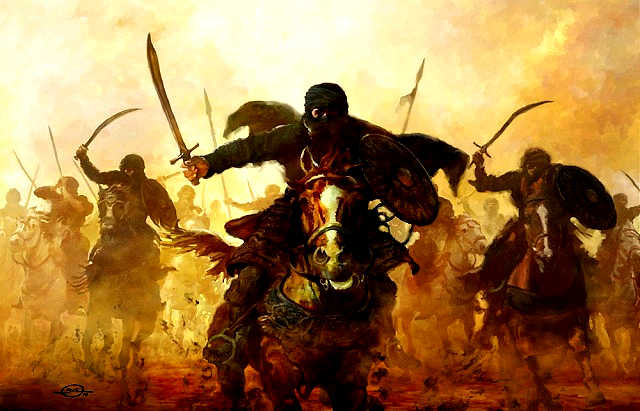Explore the inspiring life of Uthman Bin Affan, the 3rd Khalifa of Islam, known for his piety, generosity, and leadership. Learn about his contributions, the compilation of the Quran, and key facts every Muslim should know. This post serves as a comprehensive guide on the 3rd Khalifa of Islam: Uthman Bin Affan (R.A.)—A Guide to His Life and Legacy.
H1: Who Was Uthman Bin Affan (R.A.)?
When I first read about Uthman Bin Affan, the 3rd Khalifa of Islam, I was deeply moved by his character. He was known for his kindness, humility, and unwavering devotion to Allah. A member of the noble Quraysh tribe, Uthman (R.A.) accepted Islam in its early days through the invitation of Abu Bakr (R.A.). His gentle nature won the hearts of many companions.

H2: Early Life and Background
Uthman (R.A.) was born into the powerful Umayyad clan. His full name was Uthman ibn Affan ibn Abi al-As. Even before Islam, he was respected for his honesty and wealth. After embracing Islam, he became one of the earliest Muslims and soon married Ruqayyah, the daughter of Prophet Muhammad (PBUH), becoming his son-in-law.
“Uthman is the most modest of my companions.” – Prophet Muhammad (PBUH)
H2: Marriage and Family Ties to the Prophet (PBUH)
I found it remarkable that Uthman Bin Affan is the only person who married two daughters of the Prophet (PBUH)—first Ruqayyah, then Umm Kulthum after Ruqayyah’s passing. That’s why he earned the title Dhul-Nurayn, or the Possessor of Two Lights. This special relationship deeply bonded him with the Prophet’s family and made him a trusted member of the Muslim community.
H2: Uthman’s Wealth and Generosity

One trait I admire the most about Uthman Bin Affan is his unmatched generosity. During the Battle of Tabuk, he donated 950 camels, 50 horses, and large sums of gold and silver. His generosity supported many causes, including buying the well of Rumah, which he gave to the Muslims for free. It’s no surprise he’s still remembered for his Ottoman generosity today.
H2: Appointment as the 3rd Khalifa of Islam
After the death of Umar ibn al-Khattab, a council was formed to choose the next leader. I learned that Uthman (R.A.) was chosen as the 3rd Khalifa of Islam due to his character, piety, and experience. His caliphate lasted 12 years, the longest among the Rashidun Caliphate, and brought stability and expansion to the Muslim Ummah.
H2: Compilation of the Quran
One of the most important events during his rule was the Quran compilation. As I read about it, I was amazed at the care and precision involved. Due to dialect differences, he appointed Zayd ibn Thabit and other scribes of the Quran to compile a standard version. These copies were then sent across the Muslim world, preserving the Quran in its authentic form.
“If you fear divergence in the recitation, unify it.” – Uthman Bin Affan (R.A)
H3: Quran Compilation Project Table
| Action | Details |
|---|---|
| Scribes Involved | Zayd ibn Thabit and others |
| Goal | Unify recitation and preserve accuracy |
| Outcome | Standardized Mushaf Uthmani |
| Copies Sent To | Mecca, Medina, Kufa, Basra, Damascus |
| Significance | Preserved Quran as we read today |
H2: Islamic Leadership and Governance

I found his leadership style soft and non-confrontational. He appointed capable governors, improved public works, and expanded the empire into North Africa and Central Asia. He kept the Islamic leadership focused on justice and development. However, criticism rose toward the end of his reign due to the behavior of some governors and rising political tensions.
H2: Challenges During His Caliphate
Even though Uthman (R.A.) was known for kindness, he faced criticism from various factions. I was surprised to learn how rumors and misunderstandings grew, especially about his appointments. This unrest eventually led to the Battle of the Camel and other conflicts. It showed me that even the best leaders face trials and tests in power.
H2: Martyrdom of Uthman Bin Affan
His death is one of the saddest moments in Islamic history. Rebels surrounded his house in Medina, and he refused to fight back, avoiding Muslim bloodshed. He was reading the Quran when he was martyred. His sacrifice teaches us about patience, non-violence, and trust in Allah. This event marks the martyrdom of Uthman, deeply mourning every Muslim heart.
H2: Lessons from Uthman Bin Affan’s Life
As a Muslim, I draw so many lessons from his life:
- Modesty in Islam is a strength.
- Wealth should be used to serve others.
- Power must be handled with patience.
- Unity in religion is critical.
His story reminds me to stay humble no matter how much I have. He combined faith, wisdom, and leadership in the purest form.
H3: Life Lessons Table
| Lesson | Application |
|---|---|
| Generosity | Donate with a sincere heart |
| Patience | Stay calm in tough times |
| Modesty | Be humble, even when praised |
| Leadership | Lead with fairness |
| Quran Preservation | Protect religious authenticity |

H2: Uthman’s Legacy in the Muslim World
Today, his legacy is preserved through Mushaf Uthmani, which is still used globally. The mosques he helped build and the charity he funded continue to serve Muslims. I often reflect on how his actions shaped Islamic civilization. The Rashidun Caliphate set the foundation for governance, and his rule played a major part in that.
H2: Quotes About Uthman Bin Affan
“Shall I not feel shy of a man whom the angels feel shy of?” – Prophet Muhammad (PBUH)
“After Uthman, the gates of fitnah opened.” – Abdullah ibn Umar (R.A)
These quotes reveal the love and respect the Prophet (PBUH) and companions had for Uthman Bin Affan. They remind me to strive for a life that earns such praise in this world and the next.
H2: The Importance of Studying the 3rd Khalifa of Islam
Learning about Uthman (R.A.) helped me appreciate the complexities of early Islamic governance. Understanding the role of the 3rd Khalifa of Islam teaches us about leadership, faith, and resilience. His time was filled with achievements and challenges that continue to impact Muslim society today.
H2: Key Takeaways
- Uthman Bin Affan was the son-in-law of Prophet Muhammad (PBUH).
- He was known for Ottoman generosity, especially during war.
- He led the Quran compilation for consistency.
- As the 3rd Khalifa of Islam, his leadership faced political trials.
- His martyrdom of Uthman symbolizes sacrifice for unity.
Conclusion: Why I Admire Uthman Bin Affan (R.A)
Whenever I reflect on the life of Uthman Bin Affan, I feel inspired to be better in faith, kindness, and humility. His legacy teaches me to be strong in silence, generous in secret, and loyal in leadership. The 3rd Khalifa of Islam left behind not just political records but a moral path every believer can follow. I pray we all learn from his life and carry his values forward.


